I tell you, on the day of judgment people will give account for every careless word they speak, for by your words you will be justified, and by your words you will be condemned.” — Matthew 12:36-37
On reading the above verses, we may think that we will be judged for every word that we speak. Not so. God will only justify or condemn us for every careless word we have spoken.
Let’s delve into the meaning of careless or idle (which is the word used in some translations):
Careless: not giving sufficient attention or thought to avoiding harm or errors.
Idle: without purpose or effect; pointless.
The context is that Jesus was speaking to a group of Pharisees who had just accused him of being demon-possessed (verse 24). Jesus calls them a “brood of vipers” and asks them, “How can you who are evil say anything good?” (verse 34). Just as vipers have a mouthful of poison, so the Pharisees had evil words concerning their Savior.
Then Jesus warns the Pharisees of the coming judgment, at which they will be held accountable for their words. It is obvious that Jesus calling them a brood of vipers was not considered idle or careless but necessary to bring about their correction. If we try to apply this truth in our lives, we can grasp that using strong language as necessary to correct someone is not considered an idle word.
Jesus reprimanded the keepers of the law (the Pharisees and the Sadducees) with very strong language, calling them a brood of vipers and white-washed tombs. There is no sin in using this type of language to correct someone who is off-course and does not understand the gravity of the sin they are committing. This rule is especially applicable when we are involved with people who lack wisdom: we have to use words that reprimand but are helpful to show people their folly. This is especially true with children who often take life at a very casual pace and do not understand the seriousness of the situations they are in.

Truth be said, I have found myself correcting my daughter on numerous occasions with the words, “How are you going to manage in this world?” Or “how could you do such a foolish thing?”
I do not mean that she is foolish and can’t find her way but I am trying to help her see that continuing in the same manner is likely to get her into trouble. I am giving her a heads-up based on my experience of being in a similar situation and learning from it. When I see signs of her actions being foolish, my alarm system must go off and I must take the necessary action of correcting her. She needs to know, which can only happen if I reveal to her that she has done foolishly. Some parents say that it is not edifying to scold a child and make them think they are acting foolishly but I differ that correcting children does not make them ‘undignified’. Instead I feel children need a healthy dose of fear to survive in this world. In the case of my daughter, if I tell her things like: “It doesn’t matter. I know you are smart, you can handle it better the next time,” I find that she doesn’t really care to improve.
My intention in upbraiding her is to help her see her shortcomings and feel some fear about experiencing a hard life because of not improving. There is a price to pay for staying the same and that usually is not good. Now how do you know which approach works with someone? By trying it out. You try using different styles with your children to find out which approach works best with them. The only condition is that we are not to use words that do not build the hearer.
We as parents must use a language that is appropriate for each child and help them cope with their problems and situations in a manner that helps them be successful in life. You must not feel condemned for trying to help your child by showing them certain situations where they may not be successful if they did not change. Preempting failure is a way to ward it off before it hits you. Helping them see the path they are on and correcting them before it is too late is a corrective step we as parents can take. However we must not be abusive and use foul language. This is a definite no. We need to be careful how to use the right words to throw light based on our experience and show the way to our children who otherwise would grope in darkness and not find any way of their own.
So when you have to use a different style, are you violating the law of Christ? We are asked not to use words that don’t benefit the hearer. Ephesians 4:29 sets the standard: “Do not let any unwholesome talk come out of your mouths, but only what is helpful for building others up according to their needs, that it may benefit those who listen.” This means that we are allowed to use strategic communication to get people to understand what we are saying. The only real condition is that our words must benefit the listeners. However we must not slander anyone, which is gossiping behind someone’s back. When we slander people, we are speaking evil of them without them knowing about it. Thus slander is not permissible.
“Brothers and sisters, do not slander one another.” - James 4:11
Words that slander do not profit anyone because the word goes around but never reaches the person meant to be corrected. So they are totally without profit and must therefore be avoided.
